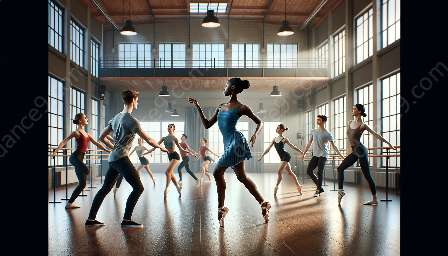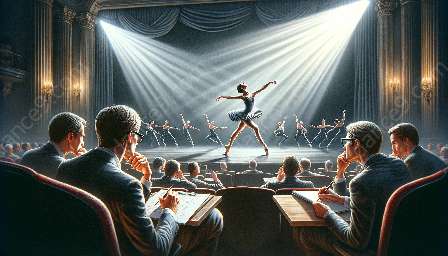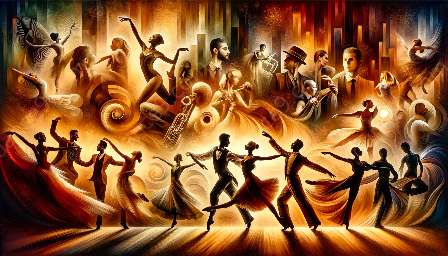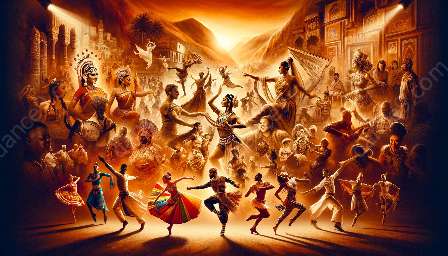Dance education offers a wide range of career paths for individuals passionate about dance. From teaching to choreography and therapy, there are numerous opportunities for dancers to make a meaningful impact in the field of dance.
Teaching and Instruction
One of the most common career paths in dance education is teaching and instruction. Dance educators can work in schools, dance studios, community centers, or even as private instructors. They may teach a variety of dance styles, such as ballet, jazz, contemporary, or traditional cultural dances. Many dance educators also have the opportunity to work with students of all ages and skill levels, from young children to adults.
Dance Choreography
Another exciting career path in dance education is dance choreography. Choreographers create and design dance routines and performances for various purposes, including stage productions, music videos, and dance competitions. They often work closely with dancers to bring their artistic vision to life, and may also collaborate with directors, musicians, and designers to create cohesive and impactful performances.
Dance Therapy
Dance therapy is an emerging career path that utilizes dance and movement to support the physical, emotional, and mental well-being of individuals. Dance therapists work in various settings, such as hospitals, rehabilitation centers, and mental health facilities, using dance as a tool for healing, self-expression, and personal growth. This field offers a unique opportunity for dancers to apply their skills and passion for dance in a therapeutic and impactful way.
Arts Administration
Dancers with a passion for the business and management side of dance may find a fulfilling career path in arts administration. Arts administrators work behind the scenes to oversee and coordinate dance programs, events, and organizations. They may handle budgeting, marketing, fundraising, and program development to ensure the success and sustainability of dance education initiatives.
Dance Research and Education
For dancers interested in academic and scholarly pursuits, a career in dance research and education could be a perfect fit. Dance researchers and educators contribute to the advancement of dance knowledge by conducting research, publishing scholarly works, and teaching at universities and dance academies. They play a crucial role in preserving dance history, theory, and technique for future generations.
ConclusionThe diverse career paths in dance education offer dancers the opportunity to share their passion for dance, inspire others, and contribute to the growth and development of the dance community. Whether teaching, choreographing, or using dance for therapeutic purposes, the field of dance education provides endless opportunities for dancers to make a meaningful impact.











































